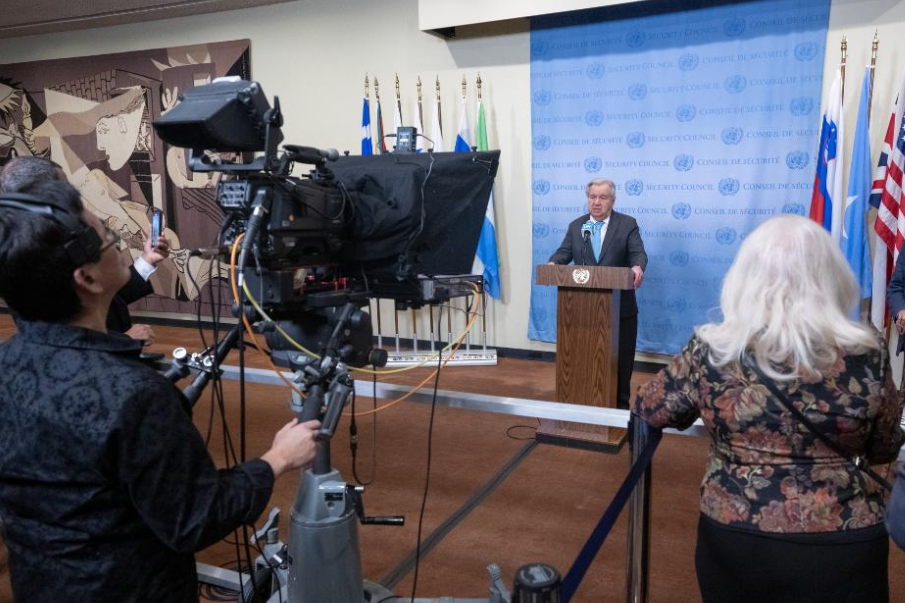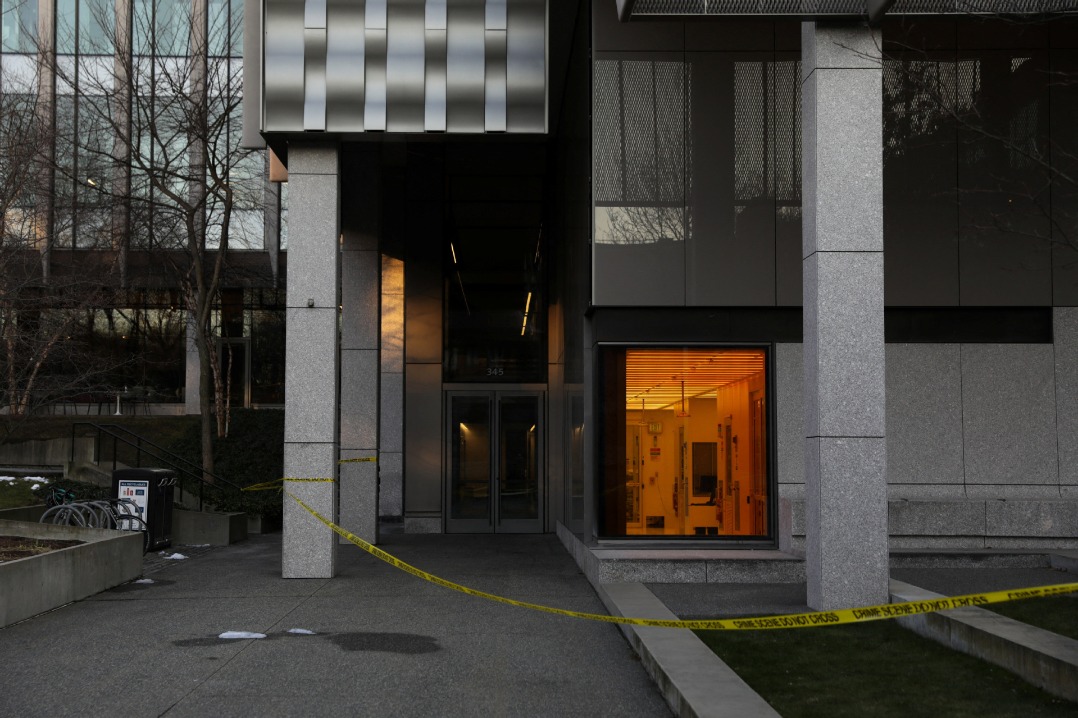Iowa soybean farmers look to Branstad to help avoid trade war

The man from Iowa who's now in Beijing might help avoid a US-China trade war.
That's what some farmers of soybeans in the Midwestern state are saying as they look to the former governor and now US Ambassador to China Terry Branstad to help avoid a US-China trade war that might target US soybean exports to China — the biggest buyer of US soybeans. It imported about $14 billion worth of US soybeans in 2016, or 60 percent of the total US crop, according to the US Department of Agriculture (USDA).
Iowa is the second-largest soybean producing state after Illinois. There are roughly 70,000 to 80,000 soybean farmers in the two states, according to 2012 USDA census data.
Grant Kimberley, director of market development for the Iowa Soybean Association who has visited China several times in the last 10 years, primarily plants soybeans and corn on his family's 4,000-acre farm outside of Maxwell.
Xi Jinping, who was then vice-president of China, visited the farm with Branstad in 2012 on his get-to-know-you tour of America as an emerging world leader. When Branstad received Trump's nomination for ambassador, Chinese officials described the mustachioed 71-year-old as an "old friend of China''.
"Branstad is a great, honest broker whom both sides respect in Washington and Beijing," Kimberley said. "I think he is a great guy to work through these challenges and hopefully bring both sides together."
The challenge may come in the form of Chinese retaliation if US President Donald Trump accepts the Feb 16 recommendations of the US Department of Commerce for heavy tariffs on imports of Chinese steel and aluminum. Trump is required to decide by mid-April whether to accept the recommendations or put forth different ones.
On Thursday, Trump announced that his administration would impose tariffs of 10 percent for aluminum and 25 percent for steel beginning "sometime next week" and lasting for "a long period of time". It was not clear whether they would apply to all imports or be targeted toward specific countries. The tariffs could lead to a tit-for-tat trade war with China, the European Union and other major world trade powers.
"I can't think personally of any better spokesperson on behalf of US agriculture that we could have representing us in China right now," Paul Burke, North Asia regional director for the US Soybean Export Council, told China Daily. "Certainly, he has a very familiar and friendly relationship with President Xi Jinping and Vice-Premier Wang Yang."
There was no immediate comment from Branstad in Beijing.
China has been researching the potential impact of trade measures on soybeans imported from the US for more than a year, according to Burke.
Soybean curbs would directly affect farmers in Midwestern US states that voted for Trump's election and that he needs to win re-election in 2020. All but two of the top 10 producing soybean states — Illinois and Minnesota — voted for Trump. If he follows through on his threats against China and imposes tariffs and quotas, farmers may abandon him.
John Heisdorffer, Iowa soybean farmer and president of the American Soybean Association (ASA) — the national lobbying arm for soybean farmers — said that he met with Commerce Secretary Wilbur Ross last summer while Commerce was preparing its tariff recommendations. He said he told Ross a tariff was a bad idea.
". . .You have to talk between the two governments," Heisdorffer said. "They are the ones that are going to (make) the tariffs or retaliation-type tariffs. Ambassador Branstad from our home state — it would be nice if he were in on the conversation."
US soybeans comprise 31 percent of China's supply, according to China's General Administration of Customs, and are used for cooking oil and feeding its large numbers of pigs to meet the country's appetite for pork, the world's biggest.
Burke said Branstad told Wang in February that if China "wants to show the US government China is actively working to address the trade imbalance between the two countries, then restricting access for US agriculture products is completely the wrong move because it's one of the areas that US has an economic advantage that can provide high-quality reliable, safe, wholesome food products to Chinese consumers at economical prices."
Iowa farmers want China to treat imports from every country the same, said soybean farmer April Hemmes, who has farmed 900 acres near Hamton, Iowa, for 33 years.
"I don't think there is a trade war coming at all because China needs our soybeans," said Hemmes, who went to China twice last year.
A restriction on soybeans — which is a $41 billion industry in the US — would be a net negative for both China and the US, Kimberley said, causing a global re-balancing of the soybean market. And he doesn't think China would take such a risk.
"If both sides think through this logically, it is kind of like a mutually-assured destruction," Kimberley said.

































